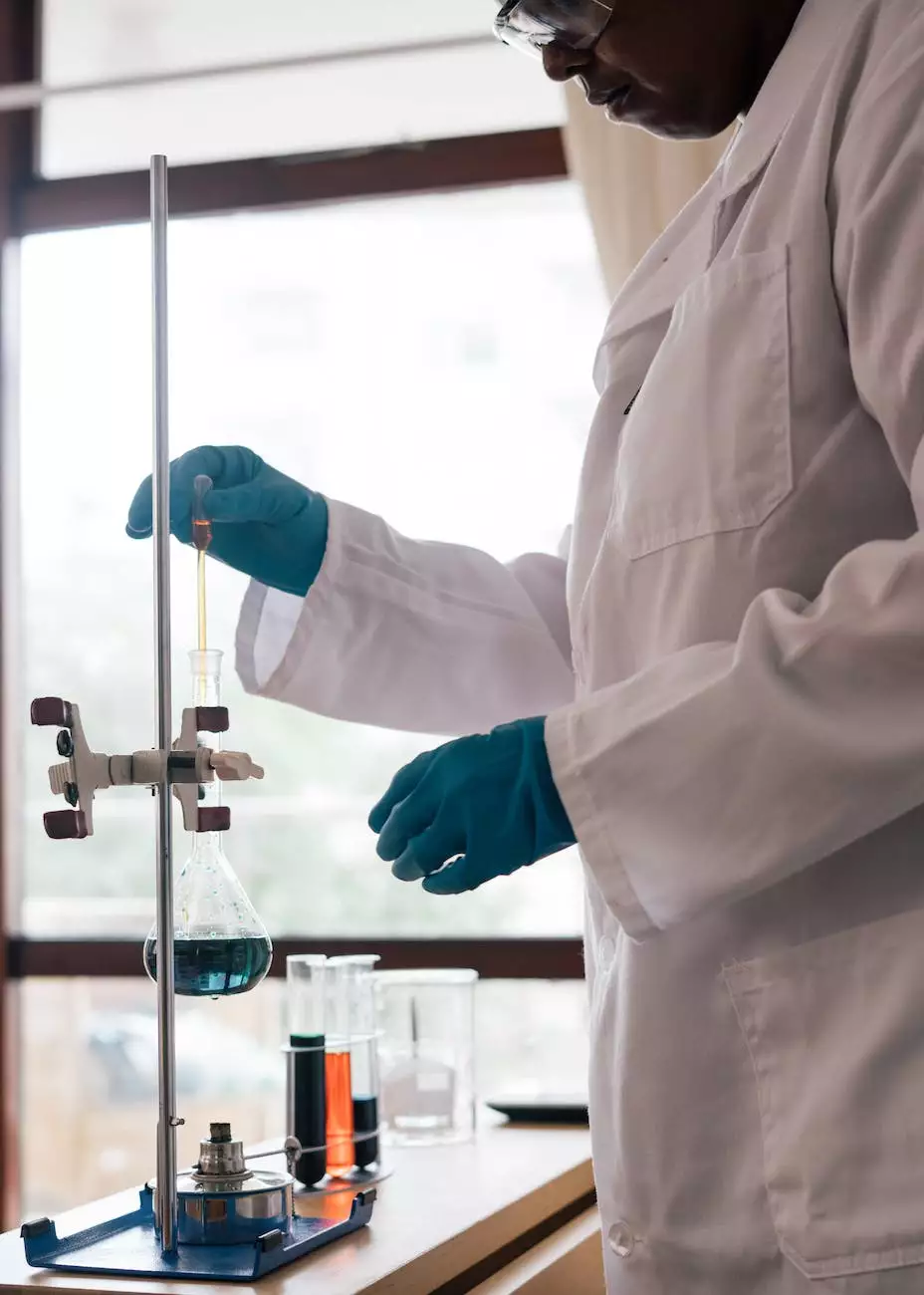Assistant Pharmacist - A Great Career in the Pharmaceutical Industry

Are you passionate about healthcare and the well-being of others? Do you have a keen interest in medications and their impact on human health? If so, a career as an Assistant Pharmacist might be the perfect fit for you. In this article, we will explore the role of an Assistant Pharmacist, the educational requirements, job responsibilities, and the growth prospects in the pharmaceutical industry.
What Does an Assistant Pharmacist Do?
An Assistant Pharmacist works under the supervision of a licensed Pharmacist and assists in providing medication and healthcare-related services to patients. The primary responsibilities include:
- Dispensing Medications: Assistant Pharmacists play a crucial role in accurately dispensing medications to patients. They ensure the right medication, dosage, and instructions are provided to individuals.
- Managing Prescription Orders: They help in receiving and verifying prescription orders from doctors or other healthcare professionals. Assistant Pharmacists ensure all necessary information is complete and correct before dispensing the medication.
- Providing Patient Counseling: Assistant Pharmacists offer guidance to patients regarding proper medication usage, potential side effects, and general health-related advice. They help patients understand their medications and answer any questions they may have.
- Inventory Management: They assist in managing the inventory of medications, ensuring an adequate supply is available. Assistant Pharmacists monitor expiration dates and handle the storage of pharmaceutical products.
- Collaborating with Healthcare Professionals: They work closely with doctors, nurses, and other healthcare professionals to ensure the best possible patient care. Assistant Pharmacists provide valuable input and recommendations regarding medication therapy.
Educational Requirements
To pursue a career as an Assistant Pharmacist, certain educational requirements must be met. Typically, the following qualifications are necessary:
- High School Diploma or Equivalent: A high school diploma or GED equivalent is the minimum educational requirement for becoming an Assistant Pharmacist. It is important to have a strong foundation in science subjects such as chemistry and biology.
- Pharmacy Technician Training: Completion of an accredited pharmacy technician training program is highly beneficial. These programs provide comprehensive knowledge of medications, pharmaceutical calculations, and pharmacy operations.
- State Licensure: In many jurisdictions, Assistant Pharmacists are required to obtain state licensure or certification. Specific licensure requirements may vary, so it is essential to research and fulfill the criteria set by the local licensing board.
- Continuing Education: The field of pharmacy is constantly evolving, and Assistant Pharmacists must stay updated with the latest developments. Engaging in continuing education programs and workshops helps in enhancing knowledge and skills.
Career Growth and Prospects
The pharmaceutical industry offers excellent career growth opportunities for Assistant Pharmacists. With the demand for healthcare services continuously increasing, the need for qualified pharmacy professionals is on the rise. Here are a few aspects to consider regarding the growth prospects:
- Advancement to Pharmacy Technician: With experience and additional training, Assistant Pharmacists can advance their careers and become Pharmacy Technicians. This allows for a greater range of responsibilities and increased job prospects.
- Specialization: Assistant Pharmacists can choose to specialize in specific areas such as geriatric care, pediatrics, or hospital pharmacy. Specialization can lead to opportunities in specialized healthcare settings.
- Higher Education: Pursuing higher education, such as a Bachelor of Pharmacy degree, opens up pathways for Assistant Pharmacists to become fully licensed Pharmacists. With a Pharmacist license, individuals can explore more advanced roles and leadership positions within the industry.
- Research and Development: For those interested in the scientific aspects of pharmacy, a career in research and development can be an exciting option. Assistant Pharmacists with a passion for innovation can contribute to the development of new medications and treatments.
Conclusion
Becoming an Assistant Pharmacist can be a fulfilling and rewarding career choice. The role provides an opportunity to positively impact the lives of individuals by ensuring safe and effective medication use. The pharmaceutical industry offers excellent growth prospects, career advancement opportunities, and the chance to work alongside other healthcare professionals.
If you are interested in pursuing a career as an Assistant Pharmacist, consider the educational requirements, the responsibilities, and the future prospects in the field. Take the first step towards a promising career in the pharmaceutical industry and contribute towards improving healthcare outcomes for individuals and communities.
Disclaimer: This article is for informational purposes only. It does not replace professional advice. Please consult with relevant authorities and professionals for specific guidance.










